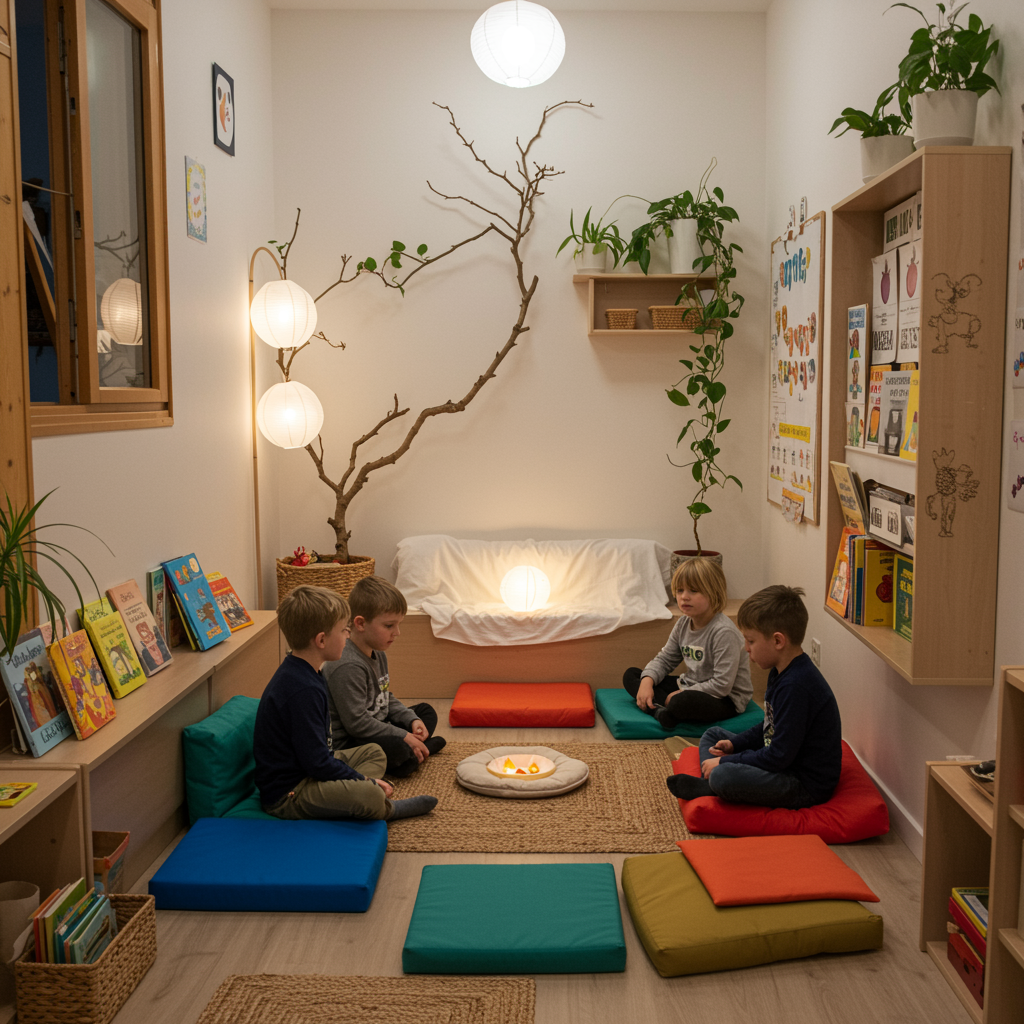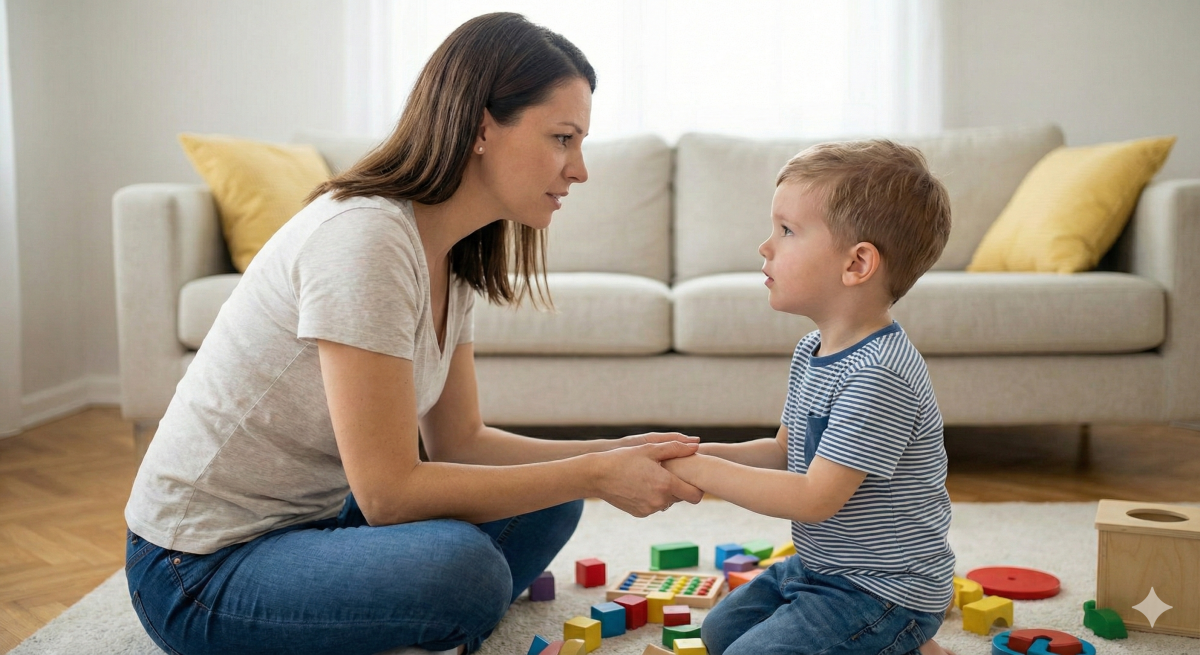Every October, the world pauses to reflect on a crucial part of our well-being, mental health.
World Mental Health Day (October 10) is more than just a date on the calendar. It’s a reminder that behind every well-planned activity, behind every nurturing interaction, and behind every smiling child, there’s a caregiver, teacher, or leader who also needs care.
In the world of early education, where empathy, patience, and emotional connection are at the heart of everything, mental well-being is essential, not optional.
Why Mental Health Matters in Early Childhood Settings
For young children, emotions are learned through relationships.
Every tone of voice, every expression, every reaction from an adult teaches children how to understand and manage their own feelings.
A calm teacher creates a sense of safety.
A balanced parent models emotional regulation.
A supportive leader nurtures a culture of care and trust.

When we care for our mental health, we’re not only caring for ourselves, we’re shaping emotionally secure environments where children can thrive.
6 Tips to Support Mental Well-being in Childcare and Early Education
1. Set healthy boundaries between work and personal life
In such a heart-driven profession, it’s easy to forget to rest. But taking time to recharge is not selfish, it’s essential. Rested teachers are more patient, creative, and emotionally present.
2. Practice daily gratitude
Start or end each day by reflecting on one positive moment — a child’s laughter, a kind message from a parent, or a supportive gesture from a colleague. Gratitude gently refocuses the mind from exhaustion to appreciation.
3. Take mindful pauses throughout the day
Just 5 minutes of slow, deep breathing or quiet reflection can reset your nervous system. Even short breaks can help you stay calm and centered amid a busy day.
4. Don’t hesitate to reach out for support
Talk openly about stress or emotional fatigue with colleagues or leaders. Sharing your thoughts doesn’t make you weak, it builds a stronger, more understanding community.
5. Care for the body that holds the mind
Good sleep, nourishing food, and daily movement directly support emotional balance. Physical and mental health are deeply connected.
6. Foster positive connections
Joy and kindness are contagious. Celebrate small wins together, share laughter, and create moments of connection among your team. Positivity strengthens resilience.
For Center Directors and Leaders
A healthy organization starts with a healthy culture.
When staff members feel valued, heard, and supported, that emotional stability flows directly to the children in their care.
Simple ideas that make a difference:
-
Host a “Self-Care Day” or a short mindfulness session for staff.
-
Invite a mental health professional for a mini-workshop on stress management.
-
Create a quiet corner in the center where teachers can take short breaks.
-
Encourage positive feedback and appreciation in daily routines.
Leadership isn’t only about guiding, it’s about caring. And that care sets the emotional tone for the entire center.
🌱 For Parents
Parents are an essential part of this circle of care.
When adults nurture their own mental health, children learn that emotions matter and that taking care of yourself is an act of strength.
Practice active listening, speak openly about feelings, and don’t hesitate to seek help when needed.
Children learn emotional intelligence not only from what we say, but from what we model.








